The Power of the Quran and Oral Traditions: Converting Non-Arabs to Islam
Introduction
Islam, as a global religion, has seen a remarkable spread throughout history. A crucial aspect of this expansion was the conversion of non-Arab individuals to Islam. Central to this conversion process were the power of the Quran and the oral traditions established by the final prophet, Muhammad (peace be upon him).
The Quran: A Powerful Tool for Conversion
The Quran, the holy book of Islam, is revered as the literal word of God revealed to Prophet Muhammad over a period of approximately 23 years. Its teachings serve as a guiding light for Muslims worldwide and have played a significant role in converting non-Arab individuals to Islam. The Quran’s eloquence, wisdom, and universal message have transcended linguistic and cultural barriers, resonating with people from diverse backgrounds.
The Oral Traditions Established by the Final Prophet
In addition to the Quran, the oral traditions, or Hadith literature, established by Prophet Muhammad have been instrumental in spreading the message of Islam. These traditions encompass his sayings, actions, and approvals, providing practical guidance for Muslims in various aspects of life. For non-Arab converts, the Hadith literature offers insights into the Prophet’s character and teachings, fostering a deeper understanding and connection to Islam.
Cultural and Social Adaptations
Converting non-Arab individuals to Islam also involved cultural and social adaptations. Islamic societies welcomed converts and facilitated their integration by embracing cultural diversity and promoting social inclusivity. Understanding the cultural backgrounds and customs of non-Arab converts played a crucial role in making them feel accepted within the Muslim community.
Challenges Faced in Conversion Efforts
Despite the Quran’s universal message and the Prophet’s oral traditions, converting non-Arabs to Islam posed several challenges. Linguistic barriers often hindered the understanding of Arabic texts, necessitating translations and interpretations. Socio-political challenges, including discrimination and persecution, also presented obstacles to conversion efforts in certain regions.
Success Stories of Conversion
Nevertheless, numerous success stories attest to the efficacy of the Quran and oral traditions in converting non-Arabs to Islam. Individuals from diverse backgrounds, including scholars, leaders, and ordinary people, have embraced Islam after being inspired by its teachings. Factors such as spiritual enlightenment, intellectual conviction, and the influence of Muslim communities have contributed to their conversions.
Contemporary Conversion Strategies
In the modern era, conversion efforts continue through innovative strategies tailored to the digital age. Utilizing technology and social media platforms, Muslims reach out to non-Arab audiences globally, disseminating Quranic teachings and engaging in dialogue. Outreach programs, educational initiatives, and community events further facilitate the conversion process, fostering a sense of belonging and understanding among non-Arab converts.
Conclusion
In conclusion, the power of the Quran and oral traditions established by Prophet Muhammad remains pivotal in converting non-Arabs to Islam. Through their timeless wisdom and universal appeal, these foundational sources continue to inspire individuals from diverse backgrounds to embrace Islam. As Muslims navigate the complexities of the contemporary world, the Quranic message and the Prophet’s teachings serve as beacons of guidance and enlightenment.
FAQs
- How effective were the Quran and Hadith in converting non-Arabs to Islam?The Quran’s eloquence and universal message, coupled with the practical guidance of Hadith literature, played a significant role in converting non-Arabs to Islam.
- What challenges did non-Arab converts face in embracing Islam?Linguistic barriers, socio-political pressures, and cultural differences posed challenges to non-Arab individuals considering conversion to Islam.
- Are there notable examples of successful conversions to Islam?Yes, throughout history, numerous individuals from diverse backgrounds have embraced Islam, inspired by its teachings and values.
- How do contemporary conversion strategies differ from traditional approaches?Contemporary strategies leverage technology, social media, and community engagement to reach non-Arab audiences globally, adapting to the digital age.
- What role do Muslim communities play in facilitating conversions?Muslim communities provide support, guidance, and a sense of belonging to non-Arab converts, fostering their integration into Islamic societies.

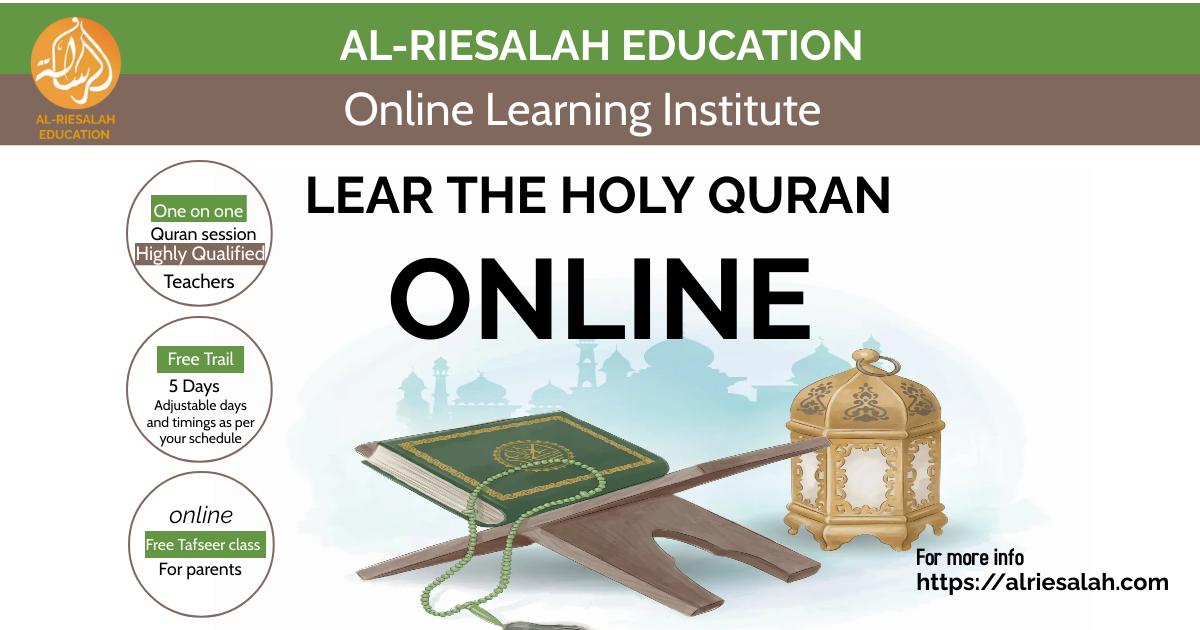
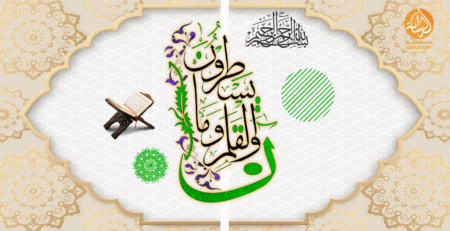

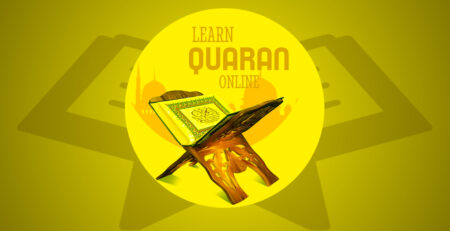
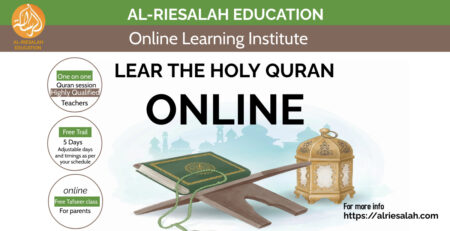

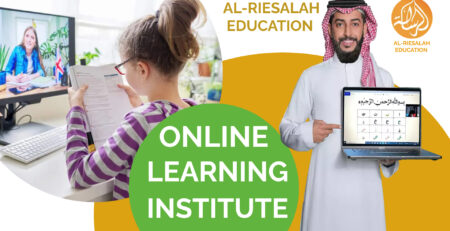
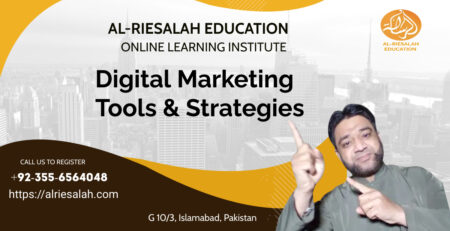


Leave a Reply